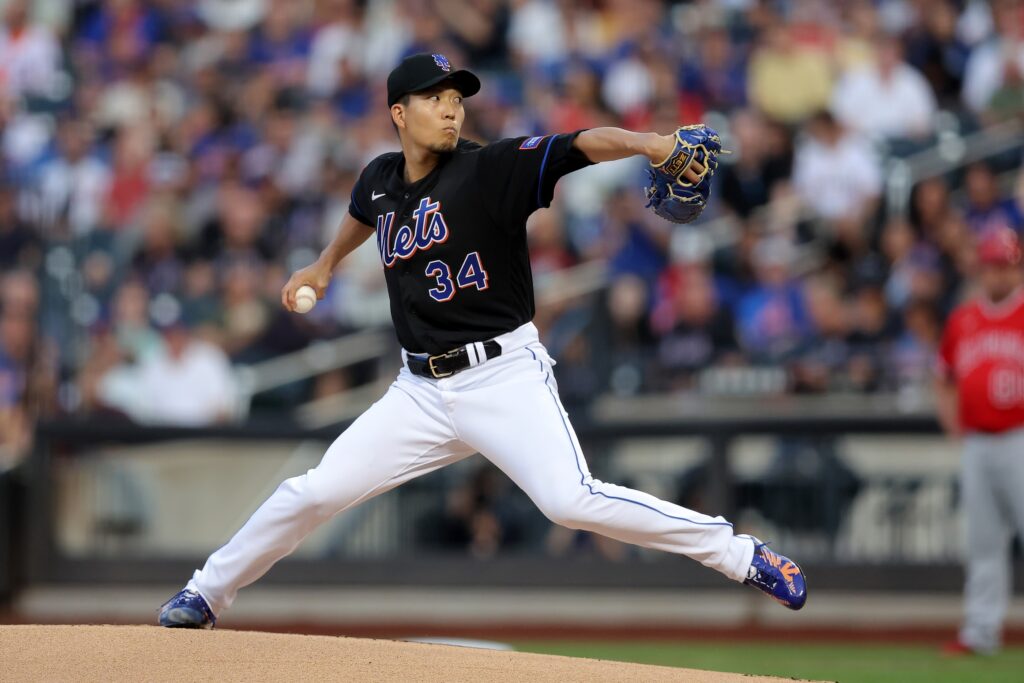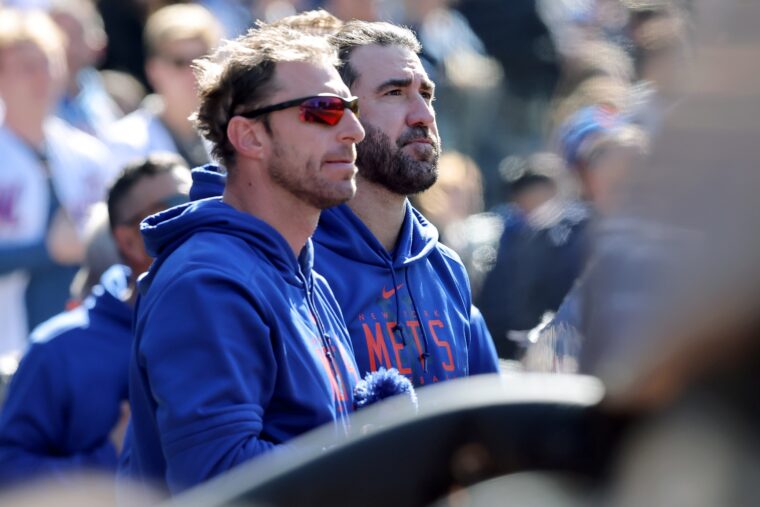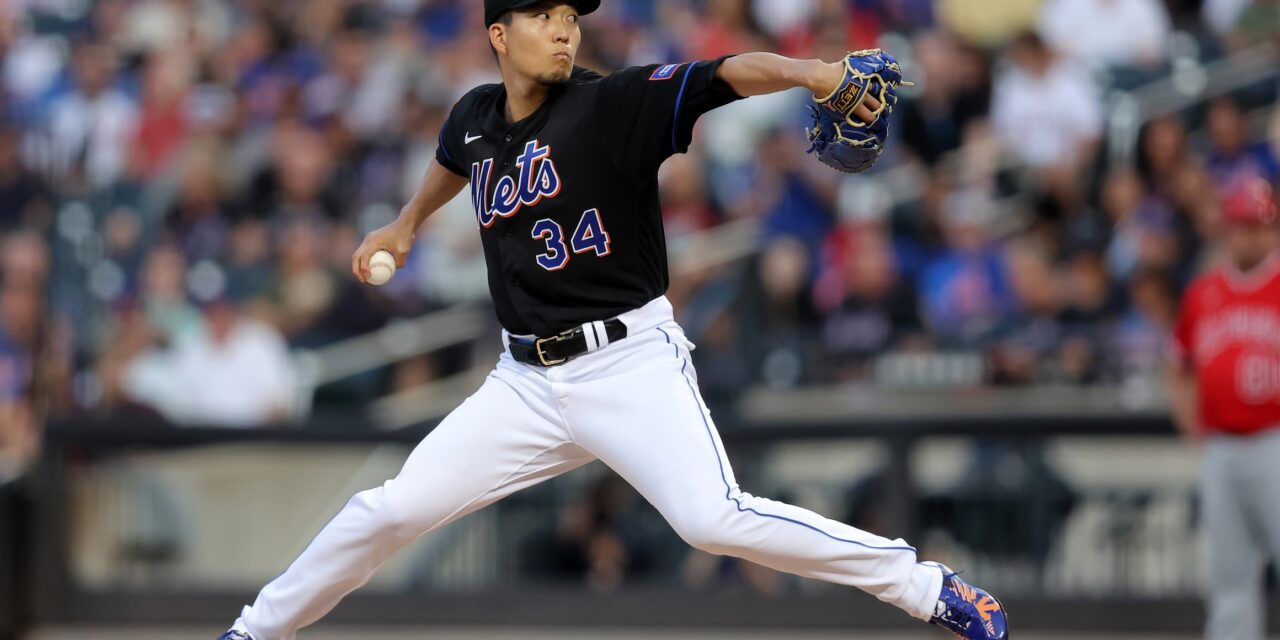Nobody knew what to expect from Kodai Senga in his first MLB season. People weren’t sure if there would be growing pains adjusting to baseball in the States after playing in Japan’s Nippon Professional Baseball League since 2012. Senga, however, put those concerns to rest quickly. He finished his first season with a 12-7 record, 2.98 ERA, 202 strikeouts, and an All-Star, and he finished second in Rookie of the Year voting.
The forkball pitcher, whose infamous pitch has been dubbed the “ghost fork” spoke with Atsuya Furuta to discuss his first season in the MLB.

Brad Penner-USA TODAY Sports
Overall Impressions
First and foremost, Senga notes, “I’m glad I was able to stay healthy the entire season. I wasn’t sure where I stood in the league coming into the year, but I think I was able to perform well enough to receive lots of positive evaluations.”
Through 29 starts in 2023, Senga pitched just over 166 innings. The Mets watched his workload with a careful eye. They wanted to ensure the righty acclimated to the MLB with no issue. In his NPB starts, Senga would make fewer starts due to a six-man rotation but throw more pitches, in the 140 range compared to the 90-100 range in the MLB.
Working With Verlander and Scherzer
Senga joined a staff with future Hall of Famers Justin Verlander and Max Scherzer. Reflecting on his time with them, he notes, “When I first saw them, I felt like I was entering a fantasy world because I’d only seen those legends on TV. I was able to shadow them in the first half, but after they were traded, I felt like the spotlight was more on me.”
Senga notes that he “couldn’t get used to the MLB ball at all.” The ball used in the NPB is slightly smaller than the one used in the MLB and has a slightly better grip. Senga commented, “I felt like I was in a battle with myself on the mound just to find the strike zone.”

Brad Penner-USA TODAY Sports
From the start of the season until the All-Star break, Senga issued 47 walks with a 4.72 BB/9 rate. Post All-Star break through the end of the season, Senga’s walk total dropped to only 30, and his BB/9 rate to 3.52.
To adjust to the ball, Senga noted he watched Verlander and Scherzer always holding a ball in the dugout. He followed their lead and got used to the ball in about two months.
Differences Between the MLB and NPB
Senga says the biggest difference between the two is the desire to hit home runs versus stringing hits together for a rally. “MLB is a different brand of baseball. Most hitters aren’t concerned with whiffing if they can just crush one pitch a game and hit a homer. NPB is about stinging hits for a rally. MLB is about extra bases and home runs.”
He also details that MLB seems to be concerned with exit velocity. “I felt like even the smallest mistakes I made could be taken into the stands for a homer, or split the gaps for a double…”
The long ball has been the center of the game for a while now, but teams’ philosophies, especially the Mets, have been to tally hits to put together runs. Some of the most successful teams have won championships this way, rather than just hitting the long ball.
Kodai Senga has the Ghost Fork working on #FridayNightBaseball.
(MLB x @Chevron) pic.twitter.com/IRPB9iKaRo
— MLB (@MLB) September 1, 2023
Analytics
In the NPB, Senga notes that the catcher does the homework on the hitters. Meanwhile, in the MLB, all players, pitchers, and outfielders must know the data because there’s so much of it.
Senga notes, “It’s extremely important to be on the same page with the catcher, especially with the pitching clock rushing your decisions.” When discussing how he selects his pitches, he says, “I often focused on throwing pitches where the opposing hitter has the lowest exit velocity and extra-base hit probability.”
He also mentions that when he was playing in Japan, Yu Darvish would tell him about analytics, but the data simply wasn’t available in the country like in the States. Senga noted the time he kept studying data kept increasing the more it became available.
Furuta mentions throughout the interview that the analytics aren’t always reliable, but Senga seems to be pro-analytics. It’s clear he likes the data and doesn’t mind how MLB plays the game these days. It might be one of the many reasons why he was able to successfully adapt so quickly.
















